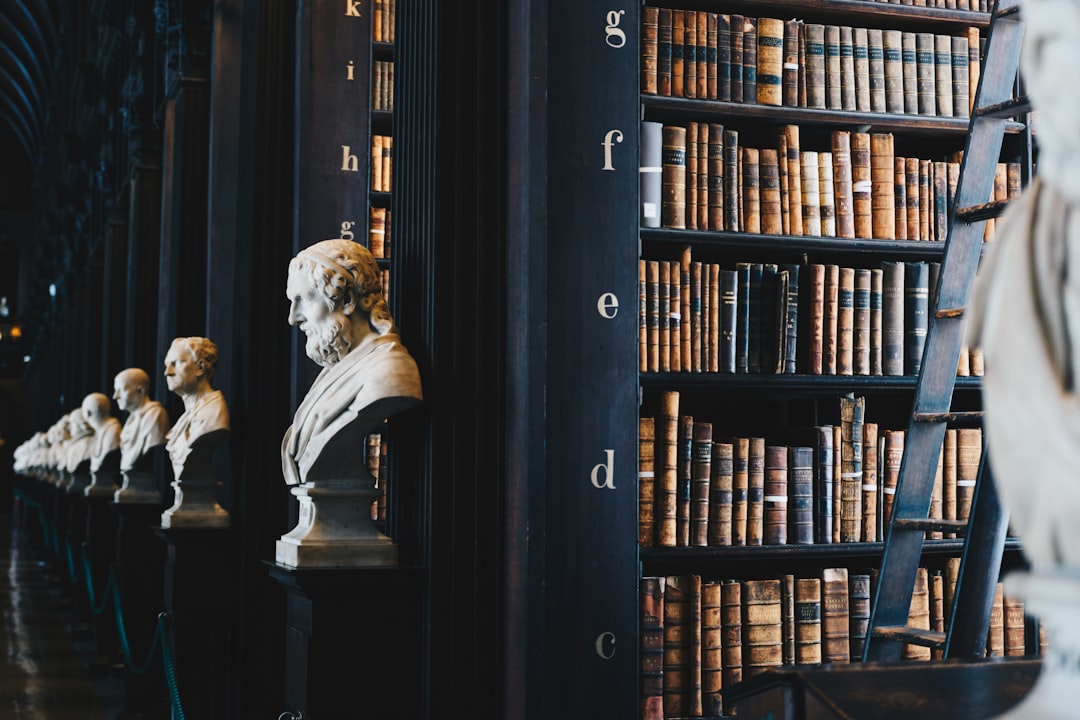In Washington State, nonconsensual pornography is a serious crime with severe emotional consequences. Strict sexual abuse laws protect individuals from unauthorized distribution of intimate images or videos, and specialized legal support from firms in Washington helps victims press charges, seek restraining orders, and pursue civil litigation for justice and restitution. These laws encompass hidden camera footage and phone recordings, targeting privacy invasion and sexual exploitation. Victims have access to counseling, advocacy, and support groups facilitated by sexual abuse law firms, empowering them through the complex legal processes and emphasizing the state's commitment to deterrence and healing.
In Washington State, nonconsensual pornography is a serious issue with severe legal implications. This article explores the state’s laws and resources available to victims of this type of exploitation. We delve into the legal framework surrounding sexual abuse, what constitutes nonconsensual content, and the rights of victims in Washington. Additionally, we guide readers on navigating the justice system with the assistance of a specialized sexual abuse law firm in the state. Understanding these aspects is crucial for both victims seeking justice and professionals aiming to support them.
Understanding Nonconsensual Pornography in Washington State

In Washington State, nonconsensual pornography refers to any explicit visual representation of an individual without their consent, with the intent to distribute or share it. This includes intimate images or videos that were obtained secretly or shared without permission, often leading to severe emotional distress for the victims. Such actions are not only a violation of privacy but also fall under the state’s sexual abuse laws.
Washington has stringent regulations in place to protect individuals from nonconsensual pornography and its distribution. A sexual abuse law firm in Washington can guide victims through the legal process, helping them seek justice and hold perpetrators accountable. Understanding these laws is crucial for anyone who has been affected by this form of sexual exploitation, as it empowers victims to take action and ensure their rights are protected.
The Legal Framework: Washington's Sexual Abuse Laws
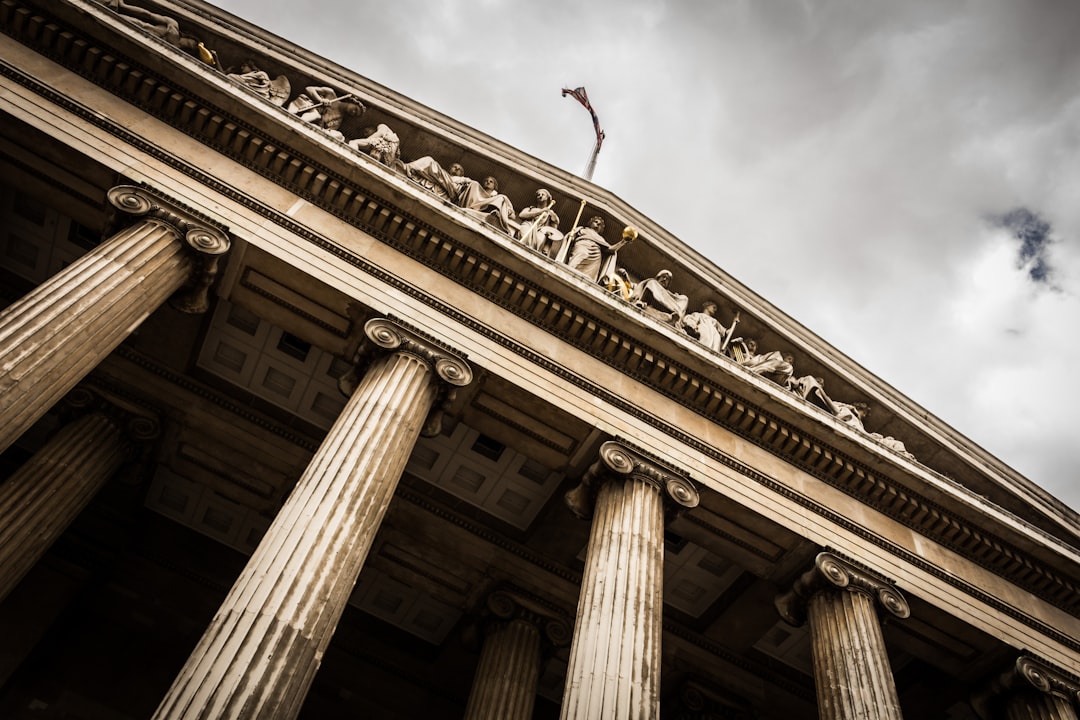
In Washington, the legal framework addressing nonconsensual pornography is robust, with strong sexual abuse laws in place to protect victims and hold perpetrators accountable. These laws are designed to combat the production, distribution, and possession of intimate images or videos taken without consent, a crime often referred to as ‘nonconsensual pornography’ or ‘revenge porn’. The state’s sexual abuse law firm plays a crucial role in assisting victims navigate this complex legal landscape.
Washington’s laws focus on protecting individuals’ privacy and autonomy regarding their intimate images. Under these provisions, it is illegal for anyone to create, share, or possess such content without the explicit consent of all parties involved. A sexual abuse law firm in Washington can guide victims through the process of pressing charges, seeking restraining orders, and pursuing civil litigation against perpetrators, ensuring justice and restitution.
What Constitutes Nonconsensual Content and Its Legal Implications
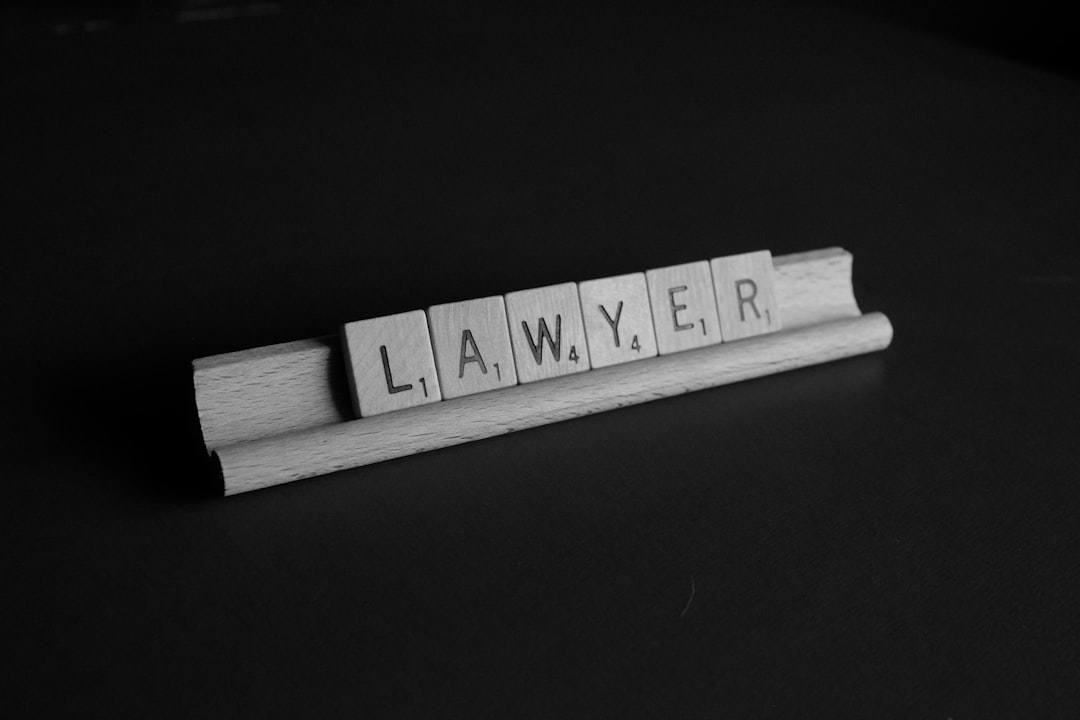
In Washington state, nonconsensual pornography refers to any intimate visual recording obtained or distributed without the explicit consent of all individuals depicted. This includes still images and videos captured through various means, such as hidden cameras or phone recordings, without the knowledge or permission of the subjects involved. The legal implications of creating, possessing, or distributing such content are severe due to its close association with sexual abuse and invasion of privacy.
A sexual abuse law firm in Washington would emphasize that these laws protect individuals from having their most private moments exploited and shared without consent. Nonconsensual pornography can lead to civil lawsuits for damages, as well as criminal charges for violations of privacy and related offenses. The legal framework aims to deter such actions and provide avenues for healing and justice for those whose rights have been violated.
Victims' Rights and Resources Available in Washington
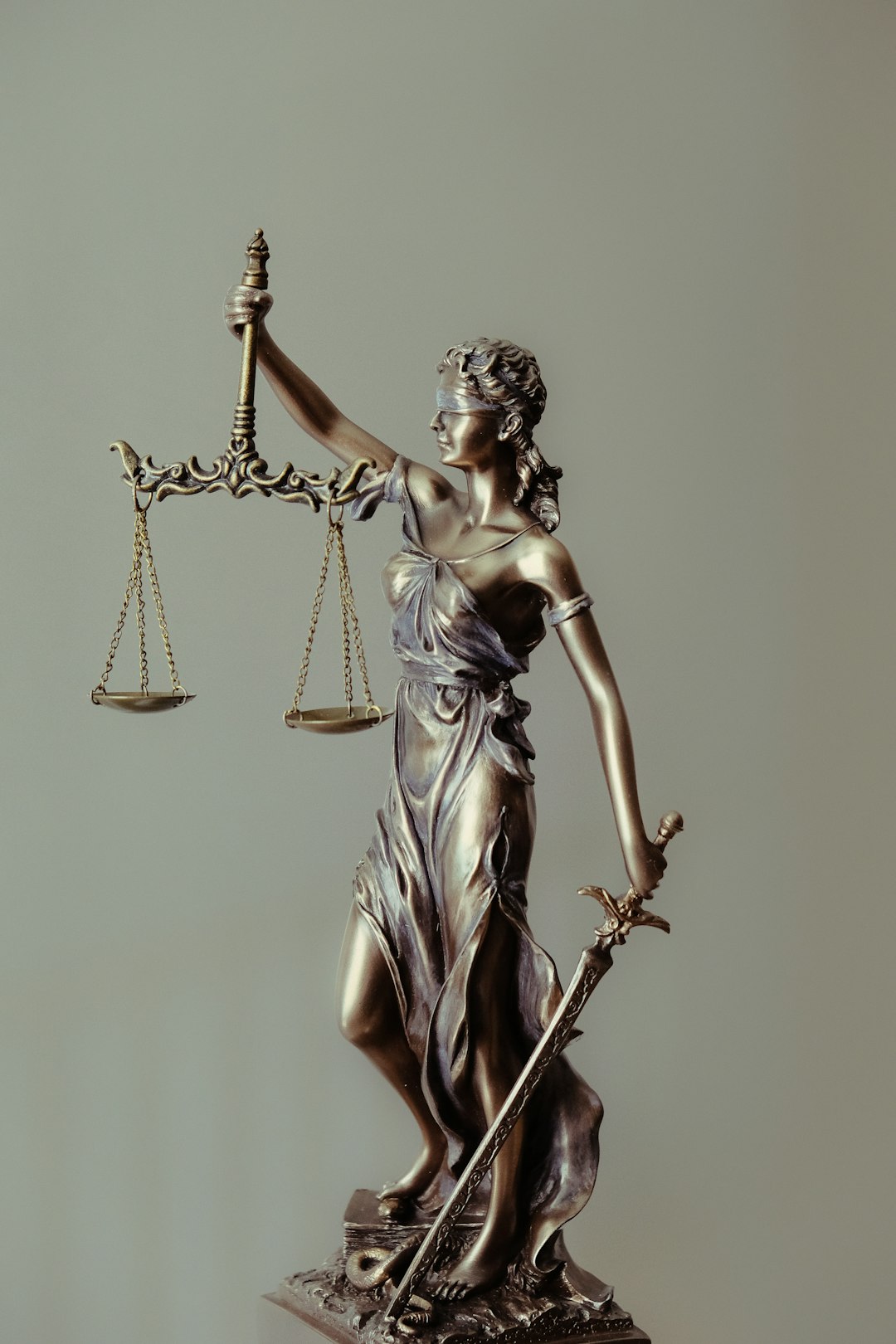
In Washington, victims of nonconsensual pornography have specific rights and resources available to them. A sexual abuse law firm in Washington can provide crucial support and guidance to those who have been affected by this crime. These firms specialize in navigating complex legal systems and ensuring that victims’ voices are heard. They offer services such as legal representation, counseling, and advocacy to help individuals overcome the trauma associated with nonconsensual pornography distribution.
Washington state laws prioritize victim empowerment and justice. Resources like support groups, hotlines, and legal aid organizations specifically cater to helping survivors of sexual abuse. These initiatives aim to protect victims’ privacy while offering them the tools necessary to seek justice and recover from their experiences. With access to such resources, victims can take proactive steps towards healing and rebuilding their lives.
Navigating the Justice System with a Sexual Abuse Law Firm in Washington
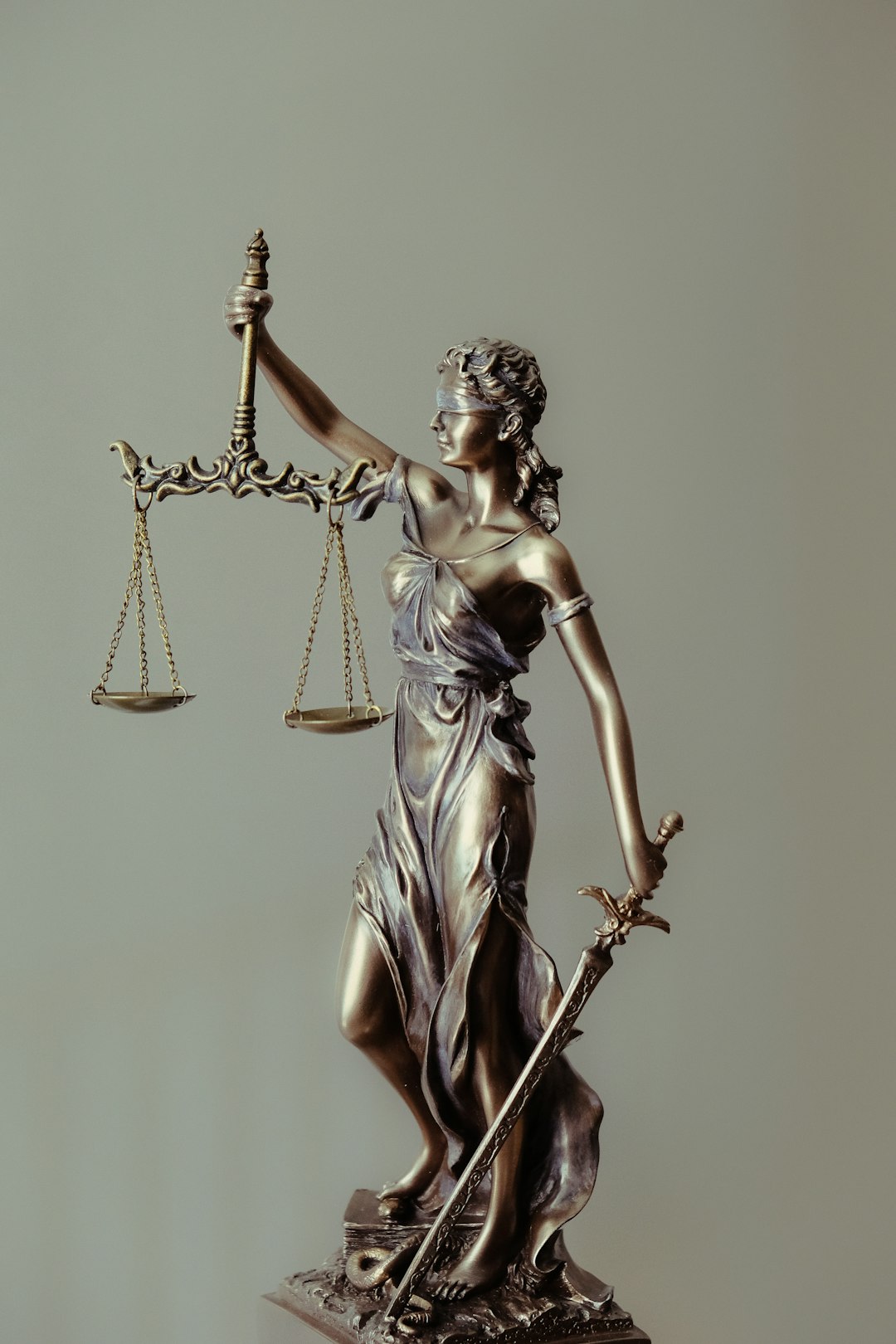
Navigating the complex and sensitive issue of nonconsensual pornography requires professional legal guidance, especially in a state like Washington where sexual abuse law firms play a pivotal role. These specialized firms have extensive knowledge of the state’s laws, which include strict regulations against the production, distribution, or possession of intimate images without consent. They offer crucial support to survivors who may feel overwhelmed by the criminal justice process.
With a sexual abuse law firm in Washington, victims can find advocates who understand the emotional and psychological toll such crimes can have. These attorneys provide a safe space to discuss legal options, help gather evidence, and ensure that the rights of survivors are protected throughout the investigation and potential prosecution. Their expertise in this field ensures that those affected by nonconsensual pornography receive just treatment within the justice system.


